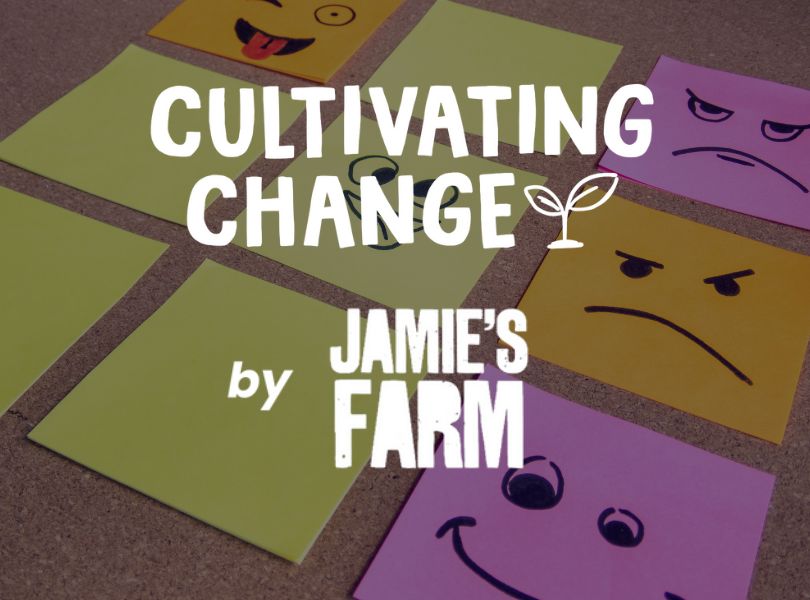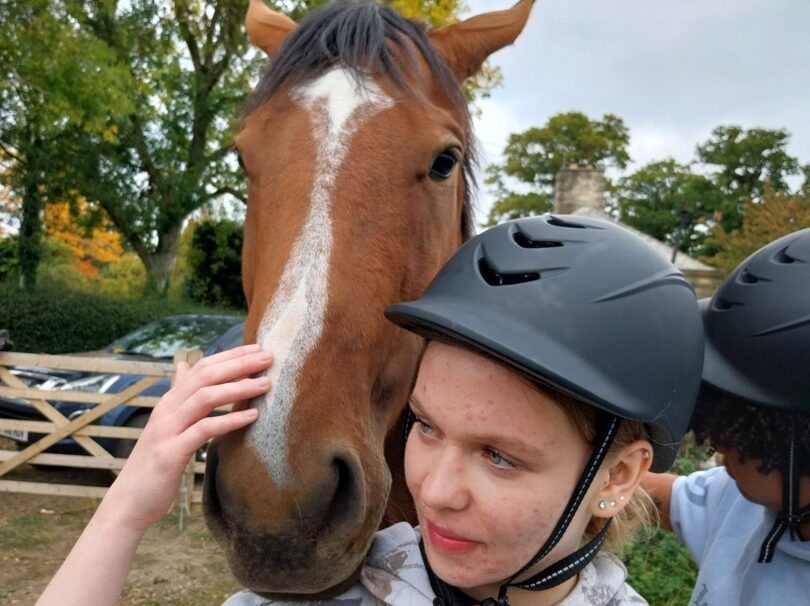Is self-regulation really the silver bullet?

Behaviour challenges in school are not new, but initial findings from a new Ofsted report show that 42% of teachers think that behaviour has deteriorated since the pandemic. In September, NASUWT released their ‘Behaviour in Schools’ report, which made for depressing reading. 90% of teachers reported being verbally abused by pupils in the last 12 months, and 37% reported being physically abused. Why is this? In a world with so much uncertainty and stress on children and families, is it surprising that children are struggling to ‘behave’?
In an effort to combat this, many leaders have turned to school wide programmes to teach self-regulation skills to children as young as 4.
What is self-regulation?
Self-regulation is a social and emotional skill, and can be defined as the ability to recognise and manage our own thoughts and emotions. These skills help to consciously direct, sustain and shift attention. They also help us to monitor our own thoughts, behaviour and emotions. We all need to employ these skills daily -especially when things go wrong.
When young people are upset or angry, emotions tend to take over and they are unable to use their executive function skills, demonstrated by the fact they’re not able to reason, may not listen or stay focused or even be able to remember the rules. Learning to monitor and manage emotions means they can recognise their strong feelings and use strategies to calm down. Once calm, they are able to use executive function skills again and are less likely to act in impulsive or aggressive way or withdraw from the situation.
The Evidence
The development of self-regulation skills is recognised by schools and the EEF as having a positive impact on behaviour and learning outcomes. Research shows that students with better self-regulation skills have higher academic achievement, are more likely to get along with others, and are better able to build and maintain strong relationships. On the flipside, poor self-regulation can result in emotional and behaviour problems and children being more likely to be excluded from school.
The Bigger Picture
It’s clear why schools are increasingly focusing on developing self-regulation techniques in children. However, making children responsible for their actions without examining where their behaviour comes from can be unhelpful in the long term.
Behaviour policies (somewhat unsurprisingly) have in some cases become stricter and more rigid to contain the rise in challenging behaviour, but in the absence of reward to feel worthwhile, recognised and understood many children are rebelling by disengaging or displaying challenging behaviour and too many have lost the motivation to attend school at all.
Asking for self-regulation without understanding the drivers and triggers of a child’s behaviour is unlikely to develop rounded competent, motivated beings. The world children are developing in offers little optimism or hope. Schools have become bigger and for many the curriculum focusing on academic achievement results in fewer opportunities for enrichment, personal engagement and successes for children. Motivation to ‘behave’ to fit the system is low for many children.
The Teenage Brain
In order for children to learn to self-regulate, they firstly need to feel safe. But what does this look like in practice? Emotional safety means that they feel safe enough not to judge themselves or feel judged as inadequate or a failure; unliked and unlikable. Safe enough not to be triggered to use their human shield, their natural defence mechanisms to protect themselves for shame or harm. These will come in the form of flight, fight or freeze.
Children’s brains are not wired to be reasonable or logical when they are emotionally aroused. Self-regulation is difficult when flooded with cortisol, and the logical part needed to govern reason plays second fiddle to the impulsive self. Teenagers especially have brains focused on building self-image and identity. Peer feedback and external validation so important, their frontal cortex that governs logic will take a back seat and as adults we can be supported by knowing that children do not process events and think like adults.
Focusing on the Environment Around the Child
As the teenage brain is wired in this way, we must think carefully about the environment around them. Are we providing the optimum conditions for young people to learn to self-regulate? Behaviours of children and adults are highly dependant on and affected by the values and culture of their environment, which can largely determine if they feel able to thrive. Recent research demonstrates the importance of the recognition of this and has shown that if we create the core conditions for a healthy school, children (and adults) will flourish.
According to the Collaborative for Academic, Social, and Emotional Learning, a flourishing school is a place where:
- Children feel it is a safe place to learn, be with friends, play and pursue interests.
- There is an inclusive, positive, respectful climate in which children and teachers enjoy spending time.
- Staff can meet the universal educational prerogative to prepare young people for life while also recognising that “no one size fits all” – that children have individual needs and ways of learning.
- Children learn emotional, social and life skills alongside their academic skills.
- Teachers’ strengths, growth and wellbeing are recognised, honoured and their professional development is prioritised.
By grounding their environment in these foundational principles, children will be supported to both recognize and manage their own emotions and behaviours, and as a result, staff are likely to feel far more positive about their roles.
Conclusions
It’s clear that self-regulation is a critically important skill with hugely positive outcomes for young people and should indeed be taught, especially to vulnerable children who may struggle to cope when dysregulated. These skills help adults and children alike to recognise their own triggers and manage their responses, but all of these techniques are far more likely to be effective if the above are part of the values and culture practised in a safe environment which enables them to thrive.
All children have massive potential to learn and have the capacity to manage their emotions and behaviours, but surely we should aspire for ALL schools to be flourishing environments in order to best support them in this?
Join us for more of this discussion with our panel in our Cultivating Change Webinar on Tuesday 28th November 2023.



